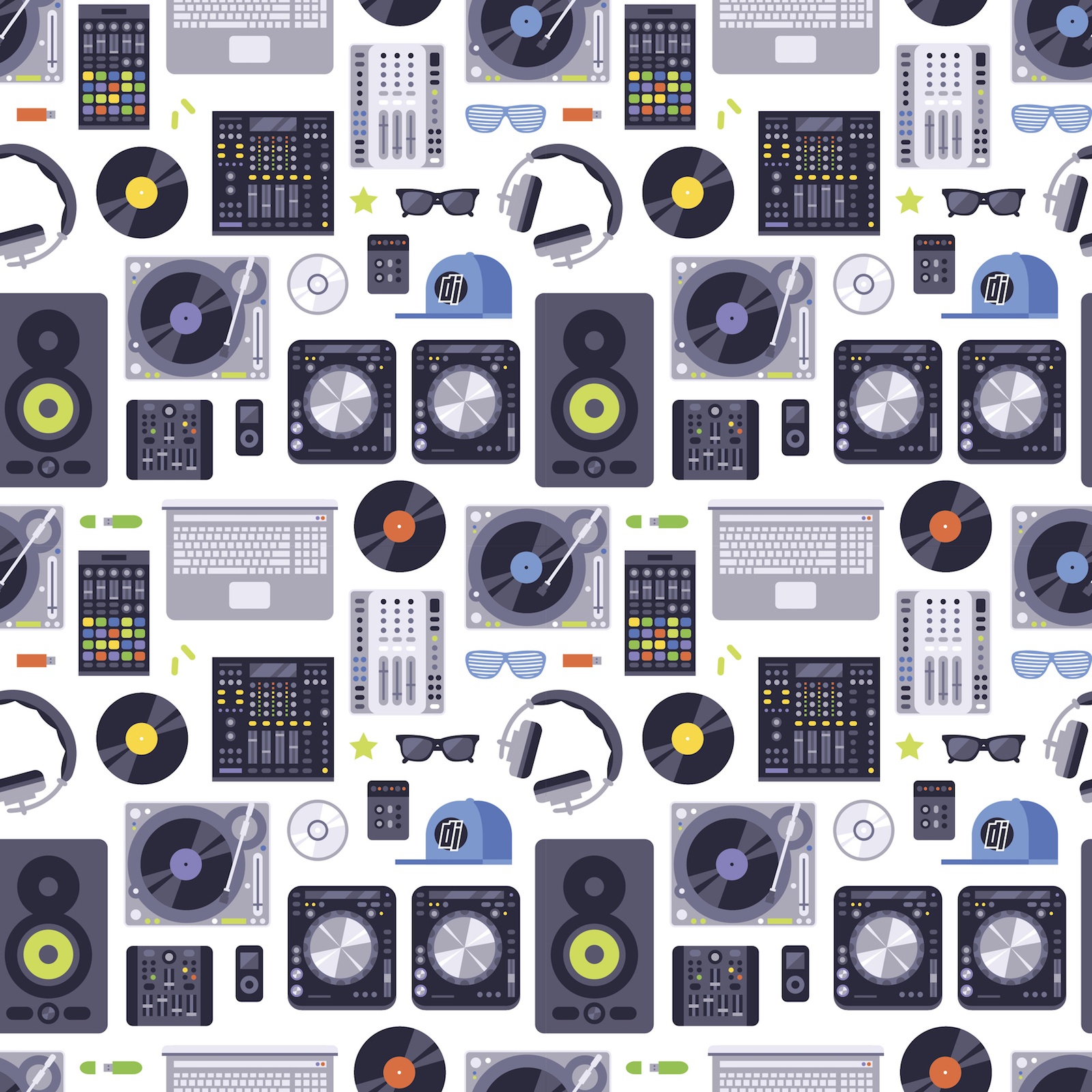Spending time enjoying music helps everyone, but it can literally be therapeutic for some, including adults with depression and sick children. Indeed, in the Western world, listening to soothing and uplifting melodies is commonplace in nursing homes, hospices, and residential homes for the elderly.
It takes us back in time.
Music offers a source of romance and relief for the aging population, who easily experience memories of their youth as they listen to songs they first heard when they were young. Even the most unresponsive individuals may become animated when they begin listening to tunes that lift their mood and influence their brain-waves.
It numbs the pain.
Also, music can relieve physical problems sometimes, helping once physically unstable people gain a balanced gait and better coordination. On occasion, even individuals who don’t hear well have re-learnt how to do so via familiar songs.
It promotes healing.
Relaxation is an important side effect of music. When people relax they are better able to heal.
It boosts immunity.
As their stress reduces, their immune system responds, and there is less pressure on their body to pour energy into managing discomfort and illness, and so more energy available for healthy functioning. Once they focus on hearing music, they stop concentrating on ailments and worries, and experience increased wellness.
It brings people together.
Creating music, as a group or individually, helps with inventiveness and animates the artistic part of the brain. When people get together to listen, a wonderful atmosphere of unity develops; loneliness and a sense of separation subsides. Just learning a new skill or developing an old one is healthy.
It combats dementia.
Interestingly, studies reveal that music doesn’t just awaken old memories, but promotes the generation of new information, which makes it valuable for people with dementia. Perhaps more surprisingly, it helps some people who find listening to speech hard, maybe because individuals hone their attention on the music, thus, increasing their ability to focus on sounds.
It helps children to express themselves.
A children’s hospital in North Carolina makes use of music therapy to aid managing and recovering from illness. Children are encouraged to engage in song-writing, playing instruments, and listening to music. Chartered psychologist Mike Lowis suggests that unlike speech, music helps kids tap into and express their emotions. When you talk, your logical side is active, but when you create, your emotions are at the fore of consciousness.
It puts us in touch with our emotions.
When used to treat depression, music aids contact with hard to reach emotions and can help alter mood. It seems that music is helpful for vulnerable people, but it’s important to remember it’s useful for everyone. You don’t need to suffer from a particular ailment to find music valuable. You can use it to help generate the emotions you want to feel, aid expression, produce creativity, and, perhaps even boost your immunity.
References:http://news.nationalgeographic.com/news/2008/09/080923-smell-sleep.html
References: http://health.usnews.com/health-news/patient-advice/slideshows/how-music-helps-people-with-alzheimers-disease/2http://www.pennlive.com/bodyandmind/index.ssf/2012/04/the_healing_power_of_music_the.html
http://www.bps.org.uk/news/sick-children-helped-music-therapy
http://www.ncbi.nlm.nih.gov/pubmedhealth/PMH0012849/
lhttp://www.telegraph.co.uk/news/uknews/2569640/Music-can-boost-your-immune-system.html



